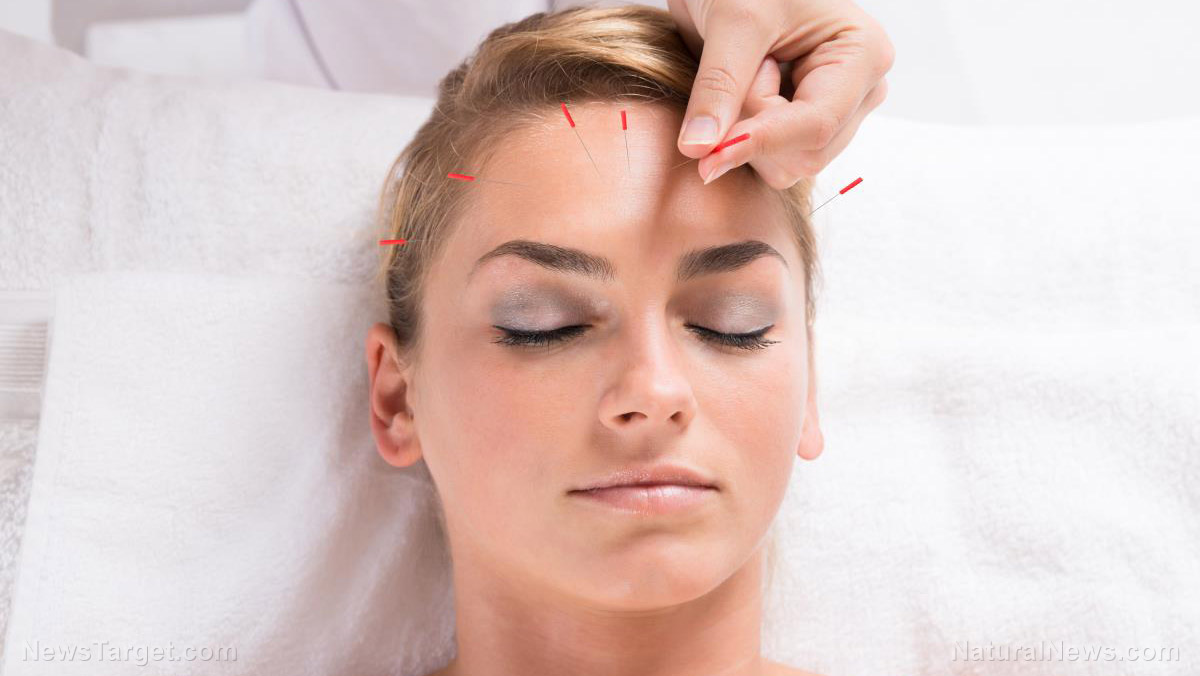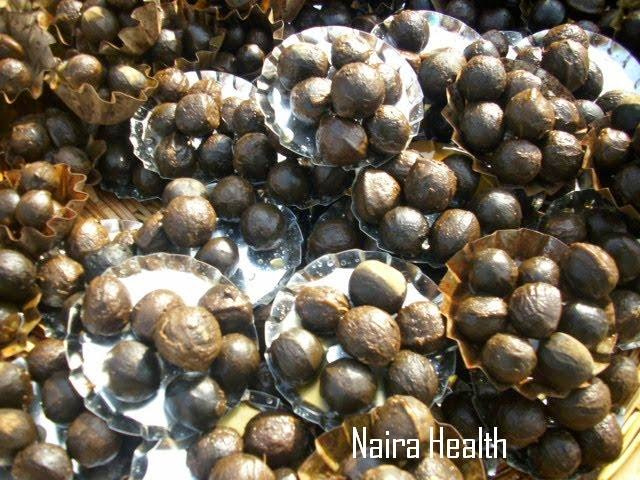Study looks at the exact mechanisms of acupuncture in reducing cognitive impairment among Alzheimer’s patients
11/02/2018 / By Edsel Cook

Acupuncture is one of the most commonly recommended alternative therapies for patients who are suffering from mild cognitive impairment (MCI) or Alzheimer’s disease. However, the exact means by which this traditional Chinese medicine improves the brain activity has remained obscure. So researchers took great pains to map out the areas of the brain of a patient that were activated by the Siguan (four gate) acupuncture treatment.
There has been a great wealth of research regarding the neuronal pathways used by acupuncture. However, most studies used healthy individuals instead of people with Alzheimer’s or impaired cognition. Furthermore, these studies restricted themselves to stimulating just one acupuncture point at a time. This went against actual clinical use of acupuncture, where multiple points need to be stimulated.
A research team from the Capital Medical University (CMU) chose to amend these shortcomings in the scientific literature with their new study. They applied multi-point Siguan acupuncture treatment to patients with Alzheimer’s disease and MCI, and then mapped out the resulting changes in brain activity.
Afterwards, they compared the differences between the brain activity of Alzheimer’s patients and that of patients with mild cognitive impairment. Furthermore, they also came up with visual evidence of the neuronal specificity of true clinical acupuncture. (Related: Acupuncture improves cognitive function of Alzheimer’s patients.)
Mapping the brain areas activated by multi-point acupuncture treatment
For their experiment, the CMU researchers gathered 49 participants. Fourteen healthy individuals served as the controls of the study. The rest were made up of 21 patients with Alzheimer’s disease and 14 patients with minor cognitive impairment.
The Alzheimer’s and MCI patients were randomly assigned to either of two groups. One set would receive real acupuncture treatment while the other would be given sham treatment. All healthy participants received real treatment.
Patients in the real treatment group received the Siguan approach, a combination of two separate bilateral treatments that stimulated four different acupuncture points. The sham treatment simulated the real approach but were aimed slightly to the side of the actual points.
The patient would be loaded into a magnetic resonance imaging (MRI) machine to have their brain scanned while they were being given either the real or the fake treatment. The entire process took 16 minutes for each patient.
Real acupuncture activates more parts of the brain
The researchers compared two different sets of data. First, they sought out the differences between real acupuncture and sham acupuncture in patients. Second, they compared the differences between patients and healthy individuals.
In the comparison of real and sham treatments, they reported that real Siguan acupuncture triggered a wider range of improved brain activity. Alzheimer’s patients experienced activation in their basal ganglia, cerebellum, four areas related to cognition, and one sensorimotor-connected area.
Meanwhile, MCI patients showed reactions in their cerebellum and five areas associated with cognition. In contrast, sham treatment only activated two areas related to cognition in Alzheimer’s patients and the cerebellum in both groups.
Furthermore, real acupuncture treatment led to fare more deactivation changes than sham ones. This led the researchers to theorize that there is a specific pattern of deactivating brain areas in Alzheimer’s and MCI patients.
Acupuncture affects Alzheimer’s and MCI patients differently than with healthy people
Healthy participants showed far more instances of activity that were scattered across more areas of the brain. Patients with Alzheimer’s and MCI displayed fewer activations that were more specific to cognitive areas.
Furthermore, patients showed specific deactivated areas of the brain. Healthy individuals did not experience this effect, indicating that the neuronal pathways of patients with cognitive disorders were different than those of healthy people.
For more stories about the health disorders that can be amended by acupuncture, visit HealingArts.news.
Sources include:
Tagged Under: acupuncture, alternative medicine, Alzheimer's disease, brain health, cognitive impairment, natural cures, natural medicine, traditional Chinese medicine



















